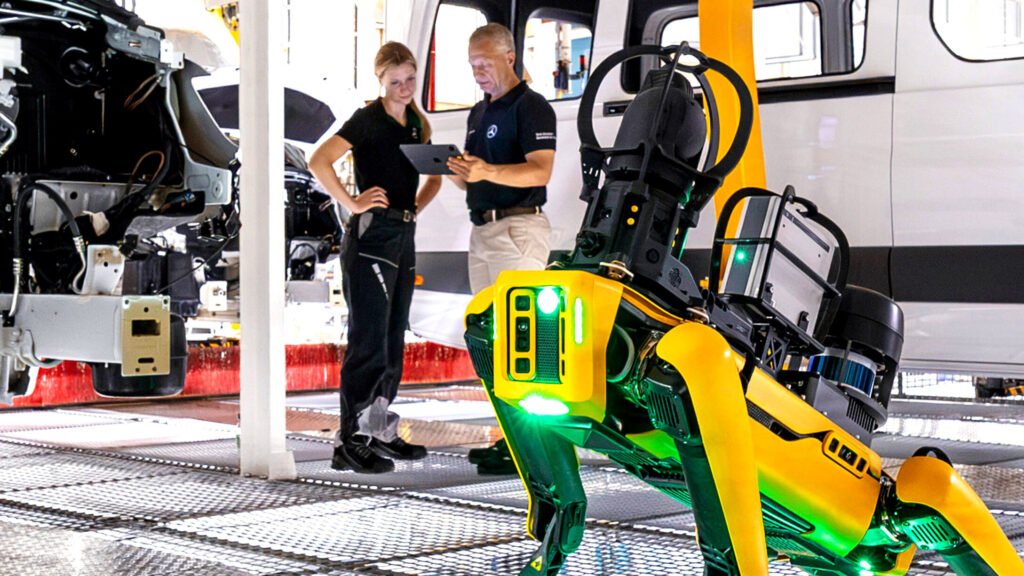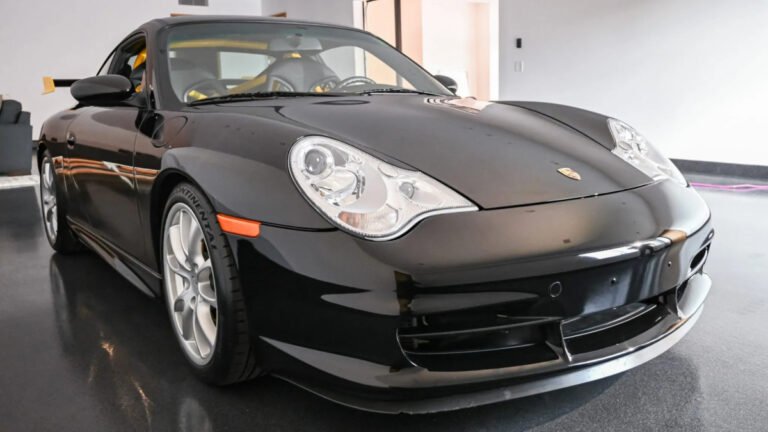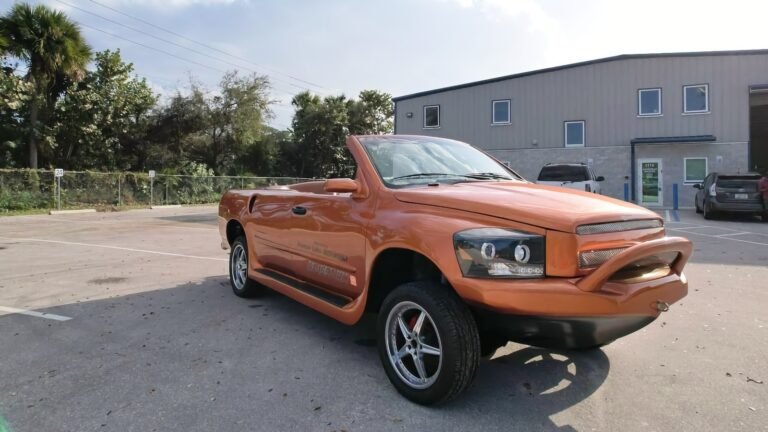

- Mercedes’ Düsseldorf factory adds a Boston Dynamics robodog.
- It identifies compressed air leaks and other anomalies in the plant.
- Aris is projected to save Mercedes a six-figure amount annually.
The march of the machines isn’t slowing down, and at Mercedes-Benz, it’s already clocking in for work. A growing number of robots are being deployed at the company’s factories in Germany.
Also: Turns Out Offering Up To $580,000 Is All It Takes To Make Auto Workers Quit
Humanoid robots are now part of a trial program, and a four-legged robodog from Boston Dynamics has joined the team at the van plant in Düsseldorf. The robot, called Aris, is more than a novelty. Mercedes says it expects the addition to deliver annual savings in the six-figure range.
Watching and Listening
The robodog has been equipped with special sensors and artificial intelligence so it can identify compressed air leaks and other anomalies in the plant. It is also able to inspect analog gauges, visualize unusual noise patterns, and climb stairs throughout the facility.
This isn’t the first time we’ve seen an automaker using a robodog this way. Last year, Jaguar Land Rover added a BostonDynamics robot designed to detect gas leaks that are undetectable by humans and is also able to take measurements and inspect both valves and machinery at its Coventry plant.
It’s unclear if Mercedes plans to broaden the capabilities of its robodog.

Autonomous Drones
Aris isn’t the only new addition to the Düsseldorf factory. Mercedes-Benz also deployed autonomous drones at the site, configured to count the number of empty containers across the factory grounds, reports Auto News. This also helps to free up employees for higher-value work.
More: After Tesla, BMW Brings Humanoid Robots To Build Cars (And Make Coffee)
Earlier this year, Mercedes also extended its robotic workforce further by integrating humanoid models from the US-based firm Apptronik. The company has invested tens of millions into Apptronik and deployed its robots at the Berlin-Marienfelde factory.
These robots have been built to operate entirely on their own, carrying out assigned tasks without the need for constant human supervision. They navigate factory floors, adjust to their surroundings, and complete routines that once demanded manual oversight.
Read: Mercedes Puts Humanoid Robots To Work At Berlin Production Site
They’re also smart enough to know when to stop. When power runs low, the robots can detect it, head over to a charging station, and plug themselves in without waiting for instructions. Just like your Roomba, only less likely to get stuck under the couch and far more likely to take your job one day.


